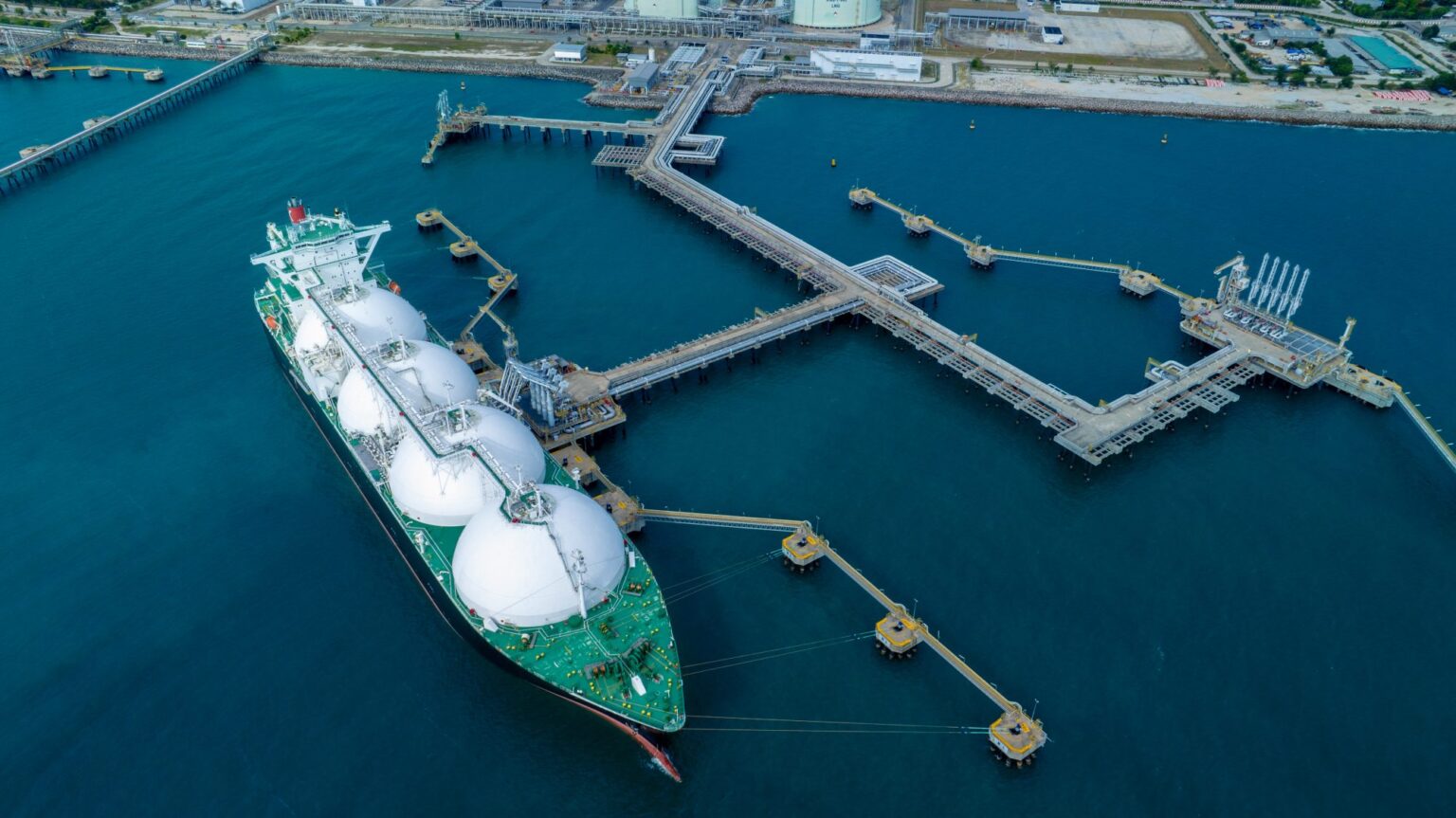Türkiye is strengthening its energy security through long-term liquefied natural gas (LNG) agreements with major international partners. Recently, state-owned BOTAŞ signed a 20-year LNG supply contract with Mercuria in New York, providing approximately 70 billion cubic meters (bcm) of U.S.-sourced LNG between 2026 and 2045. In parallel, a preliminary agreement with Australia’s Woodside ensures an additional 5.8 bcm of LNG supply from 2030 onwards. These deals demonstrate Türkiye’s growing role in global LNG markets, reinforce its ambition to become a regional energy hub, and contribute to the broader strategic partnership between Ankara, Washington, and Canberra.
Natural gas remains a critical pillar of Türkiye’s energy security strategy, especially in light of rising consumption, seasonal peaks, and regional supply risks. Over the past decade, Türkiye has invested heavily in LNG terminals, underground storage, and pipeline interconnections to enhance both supply flexibility and export potential. Recent agreements with Mercuria (United States) and Woodside (Australia) mark a significant step toward diversification of supply sources and the consolidation of Türkiye’s role as a bridge between producers and European markets.

The Mercuria Agreement: 70 bcm of LNG Supply
According to the Ministry of Energy and Natural Resources, BOTAŞ and Mercuria signed a historic LNG contract during the United Nations General Assembly in New York. The deal, signed at the Turkevi Center by BOTAŞ General Manager Abdulvahit Fidan and Mercuria Chairman Daniel Jaeggi, covers a 20-year supply period between 2026 and 2045.
- Total volume: ~70 bcm equivalent LNG
- Annual deliveries: 4 bcm, primarily during winter demand peaks
- Delivery points: U.S. loading ports, as well as regasification terminals in Türkiye, Europe, and North Africa
Minister Alparslan Bayraktar underlined that the partnership will not only secure LNG volumes for Türkiye but also enhance BOTAŞ’s position in global markets:
“This agreement allows us to secure around 70 bcm of U.S.-sourced LNG for the next 20 years. We believe this partnership with Mercuria will strengthen BOTAŞ’s global role and contribute significantly to achieving the $100 billion trade volume target between Türkiye and the United States.”
The Woodside Agreement: Expanding Global Partnerships
In addition to U.S. LNG, Türkiye signed a preliminary agreement with Woodside, one of Australia’s leading energy companies. The memorandum foresees 5.8 bcm of LNG deliveries over nine years, starting in 2030, with supplies sourced largely from the Louisiana LNG Project.
Minister Bayraktar highlighted the strategic nature of this cooperation:
“The agreement between BOTAŞ and Woodside represents a bridge between continents. We believe it will mark the beginning of a successful partnership extending beyond LNG trade into a broader framework of strategic cooperation.”
Strategic Implications for Energy Security
The LNG agreements with Mercuria and Woodside provide Türkiye with several strategic advantages:
- Diversification of supply: Access to U.S. and Australian LNG reduces dependency on pipeline imports from Russia and Iran.
- Enhanced flexibility: Multi-regional delivery options improve Türkiye’s resilience against seasonal and geopolitical risks.
- Regional hub ambitions: By securing additional volumes, Türkiye strengthens its position as a gas trading hub for Europe and the Middle East.
- Economic diplomacy: The agreements contribute to Türkiye’s bilateral trade targets, particularly with the United States.
Conclusion
The long-term LNG agreements signed with Mercuria and Woodside mark a new chapter in Türkiye’s energy diplomacy. With guaranteed volumes of U.S. and Australian LNG, Ankara is not only securing its domestic energy needs but also reinforcing its ambition to emerge as a regional LNG hub. These partnerships contribute to Türkiye’s broader objectives of supply diversification, energy security, and integration into global energy markets, while supporting transatlantic and Asia-Pacific trade relations.
However, Turkish decision-makers should not forget that in the event of growing dependence on the United States in the energy sector, possible scenarios that could negatively affect Türkiye must always be kept in mind.












